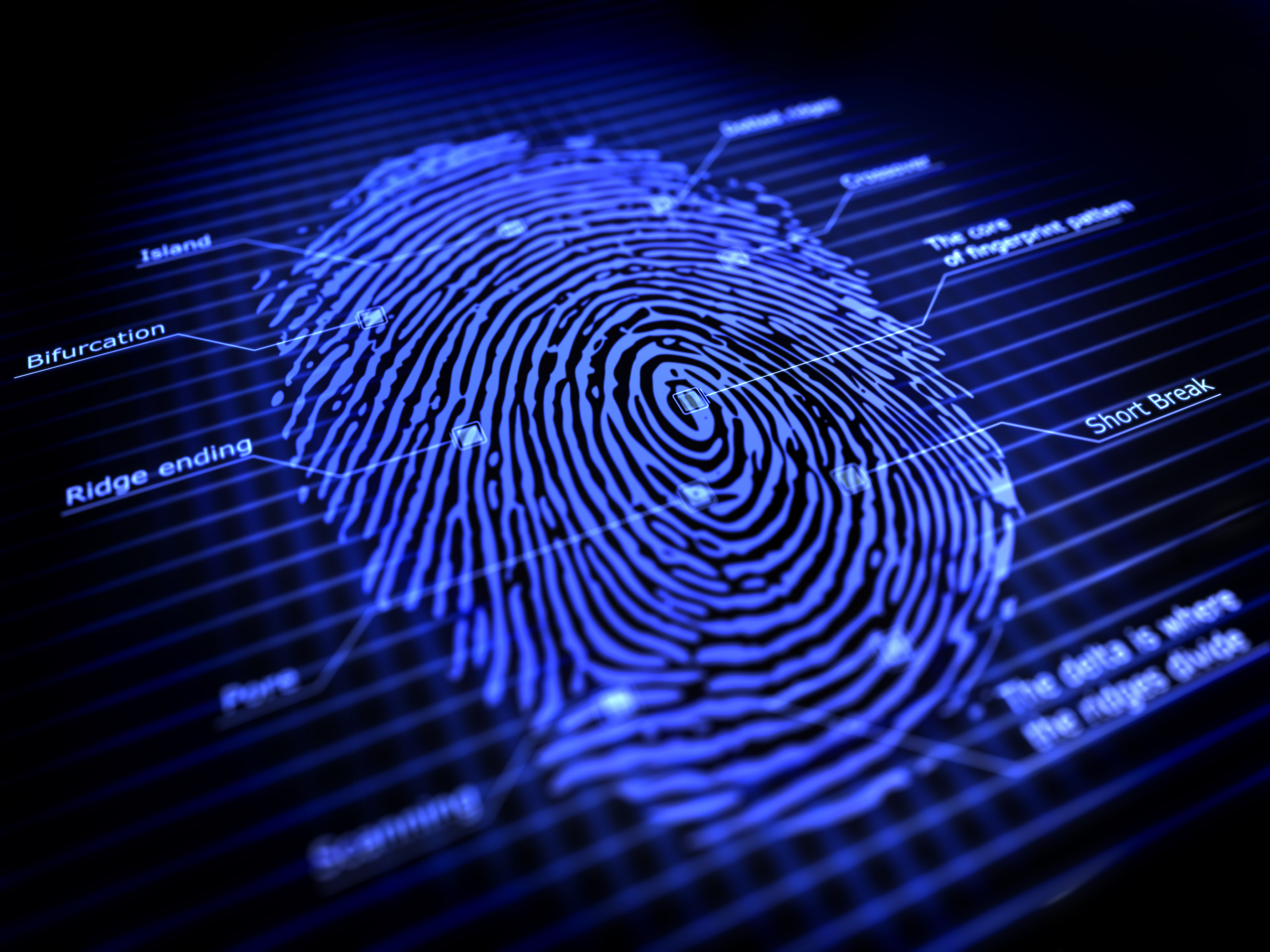
Sciences & Technology
The simple process of re-identifying patients in public health records

The data trail we leave behind in our online life raises complex ethical questions about digital privacy and identity
Published 30 January 2018
You’re chatting and posting online to your various social media accounts.
But where does that data go? Who else is seeing your daily data habits? And does your social media define your identity?

Sciences & Technology
The simple process of re-identifying patients in public health records
In this episode, Professor Luciano Floridi from the University of Oxford explores some of the ethical questions about our digital lives that are being asked by us more and each day.
Episode recorded: 25 October 2017
Producers: Dr Andi Horvath and Chris Hatzis Audio engineer: Gavin Nebauer Editor: Chris Hatzis
Banner image: iStock
Subscribe to Eavesdrop on Experts through iTunes.